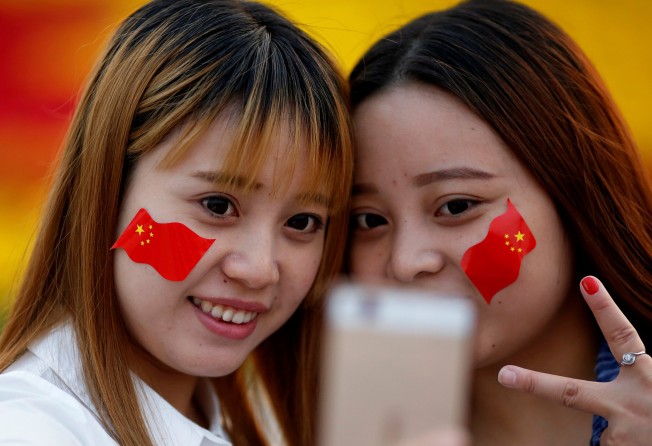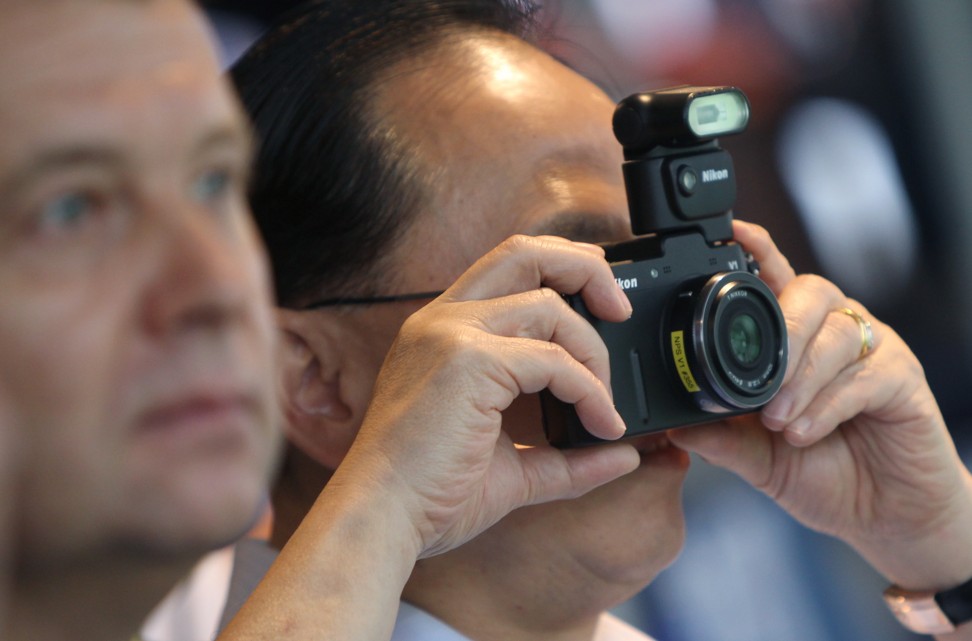
Nikon shuts its China camera factory, the latest victim of the do-everything smartphone

Nikon, one of the world’s largest producers of optics and imaging products, said it has shut a factory in eastern China that assembles cameras, becoming the latest victim of the ubiquitous smartphone that’s displacing more and more stand-alone gadgets from music players to cameras and hand-held navigation devices.
Operations at Nikon Imaging (China) in Wuxi had ceased, part of what the Japanese company calls a “global restructuring” in a press statement, requiring it to book a 7 billion yen (US$61.8 million) one-time charge.
The 2,200 employees at Wuxi, who’ve been making the Nikon 1 range of interchangeable lens cameras since 2002, will be dismissed, but will be compensated at standards higher than those required by Chinese law, according to a company spokeswoman.
“We will move some production lines elsewhere, with Thailand being one of the destinations,” said Nikon’s spokeswoman Luan Xiaofei. “But none of the plants will produce the same models of cameras we used to make in Wuxi.”
In the mass market, cameras are joining the portable music player, wearable pace counters and other electronic gadgets that have been reduced to standard features on the smartphone. With global smartphone sales growing 3 per cent last year to a record 1.5 billion units, the pain is most keenly felt among the entry-level devices with the lowest specifications.

Chinese consumers have been abandoning stand-alone cameras in droves, causing the revenue at Nikon’s Wuxi factory - the sole facility by the Japanese company in China assembling complete cameras - to plummet 68 per cent to 1.2 billion yuan (US$181 million) last year, from 2012, the company said.
Nikon is among many technology manufacturers operating in China that are leaving the world’s factory amid thinning profit margins, often heading for alternatives with cheaper labour costs, and more attractive investment incentives like Southeast Asia.
Seagate Technology, the US maker of data storage disk drives, last year closed its Suzhou factory for “global capacity adjustment.” Panasonic Industrial Devices, a unit of Japan’s largest consumer electronics group Panasonic, last year also shut a Beijing plant that produced capacitors, sensors and data storage cards.

Still, Nikon said it remains committed to China, and its operations in Guangdong and Zhejiang provinces that make components for cameras are unaffected, according to its spokeswoman Luan.
She also said the move was not on concerns of China’s production cost, as many economists have noted China’s rising land, labour and environment costs are crippling China’s competitiveness as an investment destination to foreign companies.
Foreign direct investment inflows, which declined for a second straight year in 2016, continued to fall in the first five months of 2017.
It’s a decline that China’s president Xi Jinping is trying to stem, with his October 18 promise during his work report to the Communist Party’s congress to grant greater market access to foreign investors to shore up international confidence.